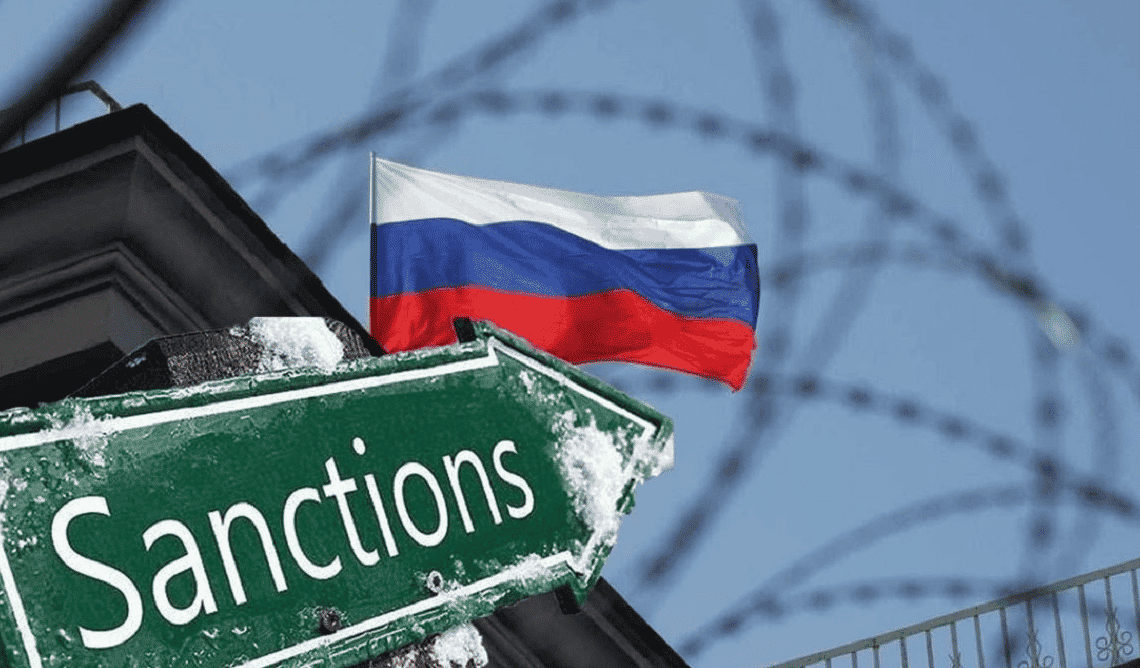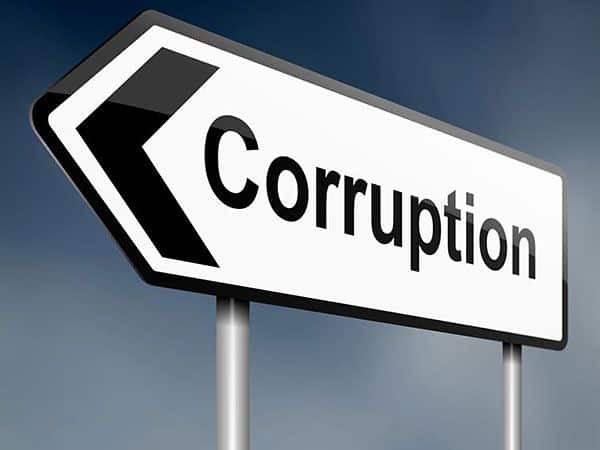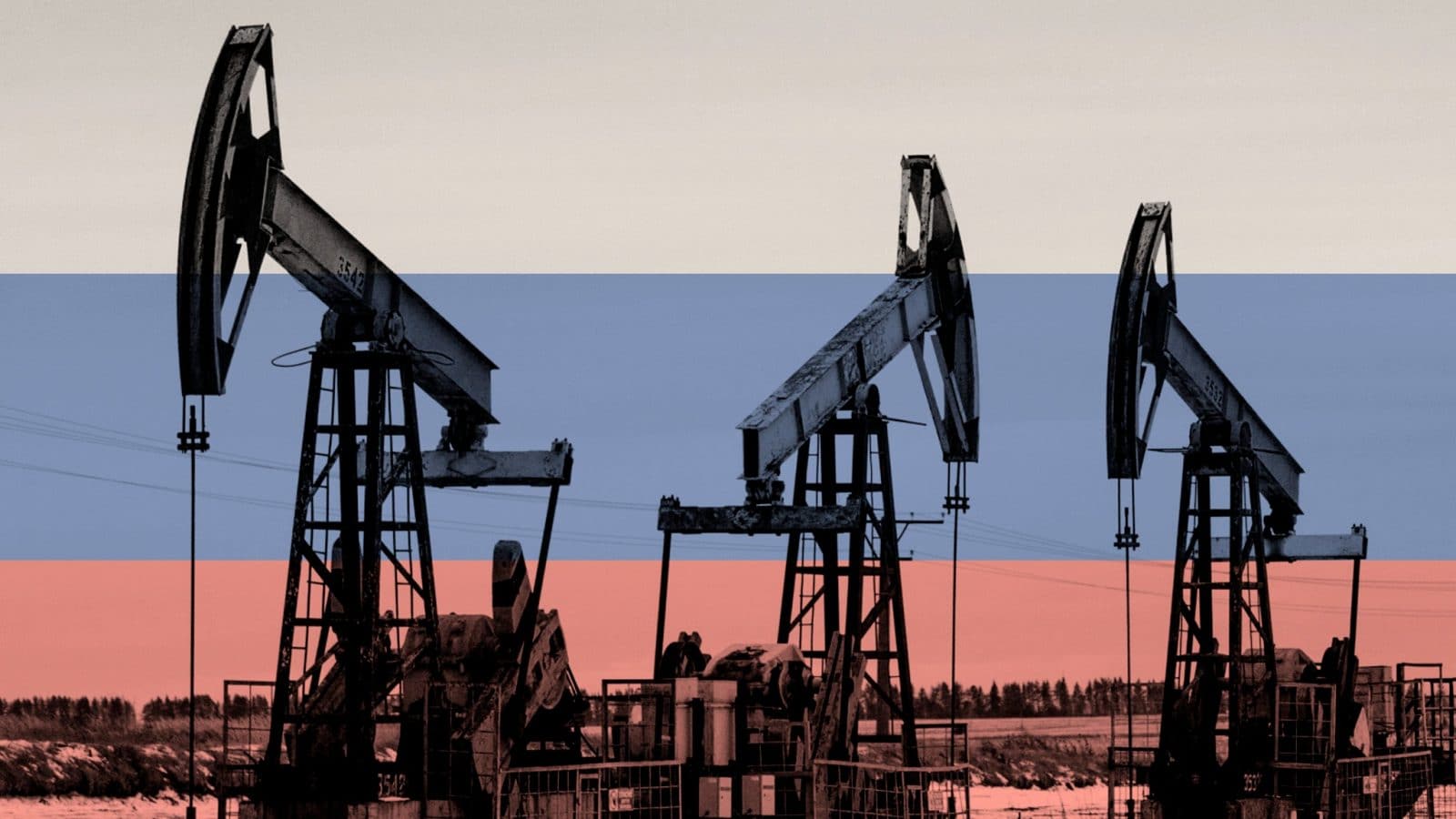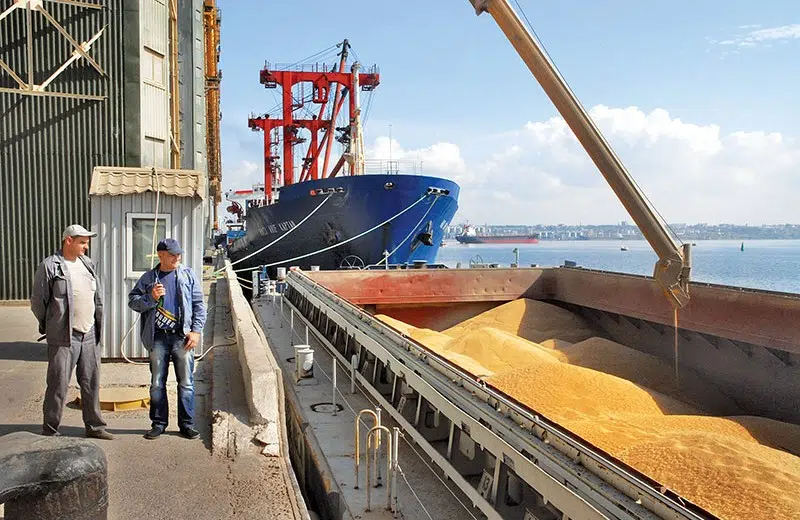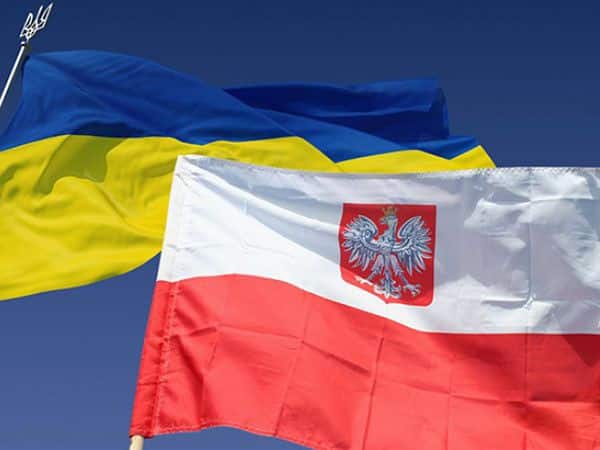Table of Contents
Putin’s army has been waging a war of destruction against Ukrainians for 16 months in a row. It makes no sense for global brands to hide their business in Russia anymore.
The list of Western companies that have chosen to work for a state sponsor of terrorism is well known. Many of them have made it clear that they are not going to leave the Russian market.
In 2022, it seemed that doing business in Russia would go unpunished for global companies. A number of companies did not even rule out a return to the Russian market. However, the war continues and more victims are being killed every day.
The public and some of Ukraine’s allies are doing everything they can to make these companies uncomfortable working in Russia, and in the future, they will become toxic to investors and government customers around the world.
This is bearing fruit. One of the world’s largest food producers, Mondelez, faced a boycott of its products in Western countries after being included in the Ukrainian list of international war sponsors.
Changing attitudes toward Western companies in Russia are gradually becoming a trend.
At the same time, conscientious companies that left Russia in the first months of the war may benefit from their choice in the recovery of Russian assets and the reconstruction of Ukraine.
Helping Russia with more than just taxes
At the beginning of the full-scale war, most Western companies were looking for ways to sit out the fighting without leaving the Russian market. They cited “responsibility” for their Russian employees, contracts, and food security.
The Kremlin also pretended to leave business out of politics, but this turned out to be a lie. More and more taxes in Russia are now going to the army, and less and less to humanitarian needs.
The entire Russian economy began to work for the war, so Western companies in Russia became accomplices in the aggression.
In 2022, budget spending on the army and security forces in Russia increased by 60%. Now, at least one in three rubles paid by Western companies to the federal budget goes to kill Ukrainians and support Putin’s regime.
Calculating the amounts of sponsorship provided by Western companies to the Russian army is not difficult.
Only the Austrian Raiffeisen Bank paid 560 million euros to the Russian budget in 2022. At least one-third of this amount could have been used for purchasing missiles or paying salaries to Russian military personnel.
“Due to the loss of clients in global markets, Russia is increasingly financing the war through internal reserves, including taxes from Western firms. We have calculated that the taxes paid by international companies, which amount to 18 billion dollars per year, are sufficient to fully fund two months of the war in Ukraine,” said Natalia Popovych, co-founder of the B4Ukraine coalition to Economichna Pravda (media outlet).
The militarization of the Russian economy has forced even those companies that initially hid behind humanitarian goals to leave Russia.
For example, the German oil and gas giant Wintershall Dea initially refused to leave Russia because its presence was allegedly important for Europe’s energy security.
In January 2023, the company announced its withdrawal because “Russia’s aggressive war is incompatible with the company’s values.”
However, there are corporations that accept the Kremlin’s rules of the game and help Russian troops with their activities, and not only by filling the Russian budget with taxes.
Hungarian bank OTP and Austrian Raiffeisen Bank provide preferential loans to the military and offer them credit holidays. The French supermarket chain Auchan supplied products to the Russian military at the front.
American company Schlumberger services Russian oil and gas fields. This is significant assistance to Russia since the country has not learned to drill complex wells on its own.
In the end, almost all Western companies, even those that did not leave Russia for humanitarian reasons, participate in mobilization by issuing draft notices to their employees and preserving their jobs.
Hundreds of Western firms took a wait-and-see attitude and promised to leave Russia in the future or significantly reduce their operations. Among them were Philip Morris, Raiffeisen Bank, Mondi, Mondelez, and Unilever.
However, work in Russia remained unpunished, so companies were in no hurry to fulfill their promises. In addition, the Kremlin made it difficult to withdraw capital, giving these firms an argument for continuing to operate in the Russian market.
At one point, the top managers of a number of Western corporations seemed to decide that it was not necessary to leave at all.
Some companies are compensating for reputational losses by increasing their profits in the Russian market. Space for sales growth in Russia has emerged after competitors left the country and imports declined.
According to the Kyiv School of Economics (KSE), in 2022, Ritter sport increased its revenue by 91%, Mondelez by 38%, Japan tobacco by 26%, Mars by 20%, and Mondi by 15%.
The biggest beneficiary was Raiffeisen Bank, which quadrupled its profits in Russia during the war.
Wave of boycotts
With each passing month, the scale of crimes committed by Russians is increasing.
The desire of companies to continue earning in the Russian market is starting to transform into real problems for businesses, especially in countries that provide the most support to Ukraine.
A prominent example is the Danish company Rockwool, which supplied sound insulation to the Russian Ministry of Defense. A scandal erupted in Denmark during the winter when it was revealed that this company continues to operate in Russia.
In May, the Copenhagen Parliament voted to exclude companies that work with Russia, including Rockwool, from municipal tenders.
The manufacturer of thermal insulation lost an order from one of the largest developers in its home country in an attempt to preserve the Russian market.
“We have welcomed over 3,000 Ukrainians and have become a sister city to Kyiv, which has strengthened our ties. We are obligated not to do business with companies operating in Russia,” said Copenhagen Mayor Christian Lütken.
The impact could be even stronger if other major cities that support Ukraine join the boycott, such as Paris, Berlin, London, and New York.
The consequences of the decision to remain in Russia are also being felt by the Danish shoe manufacturer Ecco. According to the Copenhagen Post, the company’s headquarters was attacked on the anniversary of the invasion of Ukraine.
The National Agency on Corruption Prevention (NACP) created a list of international sponsors of the war to make the companies sponsoring Putin’s regime known to the world.
It includes corporations that directly or indirectly support Russia.
Inclusion in this list will not lead to company inspections, raids, or asset confiscation, but it prompts public boycotts and the withdrawal of support from pro-Ukraine Western politicians.
This is exactly what happened to the American corporation Mondelez, which owns brands like Oreo, Jacobs, and Milka. It is one of the world’s largest food producers.
The company not only remained in Russia but also expanded its operations there. After being listed as a sponsor of the war by the NACP, it faced a boycott of its products in Sweden and Norway.
Major amusement parks, football associations, railway, shipping, and aviation companies, retailers, the municipality of Gothenburg, and the furniture giant IKEA all refused to do business with the confectionery manufacturer.
Realizing the risks, the companies that remained in Russia are trying to avoid being blacklisted by NAPC.
According to the interlocutors of Economichna Pravda in the Ukrainian authorities, the headquarters of several Western companies, after being included in the list of war sponsors, approached the NACP with a proposal to remove them in exchange for “good deeds,” such as donations to the Armed Forces.
One of the retail chains, trying to compensate for the negative impact of being on the list, gathered large Ukrainian food suppliers and offered them “the best shelves in European supermarkets on preferential terms.” Ukrainian producers refused the offer.
There are only two food retailers on the NACP list: Auchan and Metro.
The attitude towards the war sponsors is changing not only among consumers and contractors but also among investors. They see risks in working in the Russian market and take this into account in their financial plans.
“A company’s activity in the Russian market is its vulnerability. The unpredictability of Russia’s policy is growing every month, and this is a risk for Western companies that are still there and can lose business at any time. Everyone expected that the shares of companies that have left Russia would fall due to losses, but the opposite happened. The shares of bona fide companies have become more stable because they have survived the withdrawal from Russia. Meanwhile, the securities of the companies that remained in Russia became more risky,” explains Agiya Zagrebelska, the Head of the direction of minimization of corruption risks in the sanctions policy of the NACP.
The attitude towards certain companies that sponsored the war in the West is getting worse, but it will no longer be possible to leave Russia with little loss.
Starting in December 2022, to sell a business in Russia, you will need to obtain permission from the Russian Ministry of Finance, make a 50% discount on assets and pay an additional tax.
It turns out that Western companies, which immediately condemned Russia as an aggressor and left the Russian market, do not have such problems. And those that took an intermediate position are doomed to humiliate themselves before the Russian bureaucracy and suffer reputational blows in the West.
It is profitable to leave Russia
In 2022, Russia put Western companies before a choice: either to become an accomplice to crimes against Ukraine or to leave the market and suffer losses.
According to the KSE, about 1,500 international companies chose the latter option. They left strategic markets, were forced to sell their factories for a song, or simply lost money.
In fact, these companies have suffered losses because of their social position and state racketeering by the Kremlin.
“Russia is creating not only a military and humanitarian disaster but also an economic disaster — both for Ukraine and for companies that have left Russia. And it is at its expense that all losses can be compensated,” said Business Ombudsman Roman Washchuk.
“The aggressor country must pay not only for the losses but also for the lost profits. Western companies that suffered as a result of the aggressive actions of the Russian authorities have the right to claim compensation for these losses. Their lawyers can help governments develop solutions for the confiscation of Russian money,” emphasizes Yaroslav Sydorovych, co-founder of the NGO National Interests Advocacy Network.
When Ukraine gains access to frozen Russian assets, a massive reconstruction process will begin, involving multi-billion-dollar projects that will engage major international companies.
The expenditure of hundreds of billions of dollars on building construction and infrastructure can bring substantial profits to Western firms. The American newspaper, The New York Times, refers to Ukraine as the “world’s largest construction site” for which thousands of companies are preparing to compete.
However, not everyone will receive large orders. Companies’ lack of business in Russia may become one of the main criteria for access to reconstruction projects.
It is hard to imagine, for example, that the Italian cement manufacturer Buzzi Unicem, which works with the Russian Defense Ministry, would be allowed to sign contracts to restore residential areas in Mariupol.
Companies should not profit from both the aggression against Ukraine and its reconstruction, so Western firms need to make a choice now.
“We urge companies leaving Russia to do business with Ukrainians now and prioritize Ukraine as an investment destination among their groups of companies. Investing in a free, democratic, and prosperous Ukraine after the victory is attractive and profitable,” said Andy Hunder, President of the American Chamber of Commerce in Ukraine.
However, the “gold rush” may not happen if frozen Russian money is not confiscated in favor of Ukraine. The assets of the Russian Central Bank are still protected by sovereign immunity, and the yachts of the oligarchs are still protected by property rights.
Ukraine will have much better chances of obtaining reparations if it secures the support of other interested parties.
“The involvement of international companies that have exited Russia in the discussion on the recovery of Russian funds for the benefit of the affected parties could significantly strengthen the position of the Ukrainian people and bring justice closer. Ukrainian diplomats and the NACP are already working on this,” said Agiya Zagrebelska.
On the other hand, Western companies will not be willing to work in Ukraine or make efforts to secure reparations if reforms are not implemented to improve the business climate. Therefore, a significant part of the responsibility lies with the Ukrainian government.
“Ukraine could create symbolic and practical incentives for those who leave the Russian Federation: from tax relief in the future to involvement in attractive investment projects related to infrastructure reconstruction and human capital. In particular, the reforms that Ukraine was working on before the invasion could pave the way for this: concessions and public-private partnerships,” Natalia Popovych said.
Originally posted by Bohdan Miroshnychenko on Economichna Pravda, translated and edited by the UaPosition – Ukrainian news and analytics website
See also: Global brands continue to finance the war

